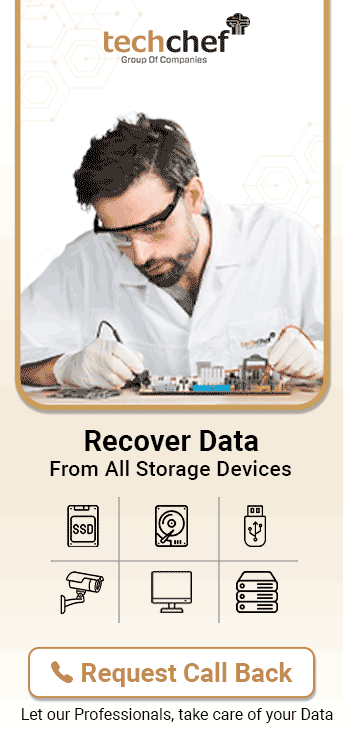But worry not this blog will help you discover some handy tips to cater to such situations and will help know various reasons responsible for hard drive failure.
Major Reasons for Hard Drive Failure
Mechanical Failures: Mechanical failures refer to physical damage to drive. For these damages, it is recommended to consult a professional.
Wear and tear due to prolonged use
Breaking of internal parts due to mishandling or dropping.
Failure of parts as a consequence of the short circuit.
Logical Failures: Logical failures refer to software issues in the drive. In such cases, you won’t be able to access data or boot up the drive.
Sudden computer shutdown while the hard drive is connected
Interruptions during data transfer
Unintentional formatting or deletion of data
Improper ejection of the hard drive.
Immediate Actions that You Need To Take After a Hard Drive Failure
Irrespective of the reason of your drive failure, immediately stop its use. In case of accidental formatting or deletion, data is still there on the drive and it stays until it gets overwritten. If you continue drive use even after failure there the chances that data on it may get overwritten. And once this happens, there are no chances of getting data back.
Therefore, it is recommended to shut down the computer connected to your hard drive. Furthermore, to validate its failure you can connect it to another computer as a secondary drive and check whether it is showing up there or not. If not, try making its clone.
Hard Drive Data Recovery Using Software
By cloning your hard drive you can easily recover data from it using any of the authentic data recovery software. There is an array of software out there in the market which you can use for successful data retrieval.
Hard Drive Data Recovery Using Hardware
To know the severity of the problem and find out whether your drive needs hardware replacement or not, you need to assess your drive based on the following instances:
Is the drive making clicking or whirring sound on being connecting to the system?
Is the drive not spinning or making sounds when accessed or connected?
Is the drive detectable and spinning but hangs on accessing?
Is the drive making a beeping sound on powering up?
Is drive not detected by the computer?
All these situations refer to a different kind of damage to drive and require professional care. To ensure successful data recovery it is recommended do not attempt to open the drive by yourself. Rather consult the professional data recovery service providers who can offer you advanced facilities and recovery through the safest procedures.
